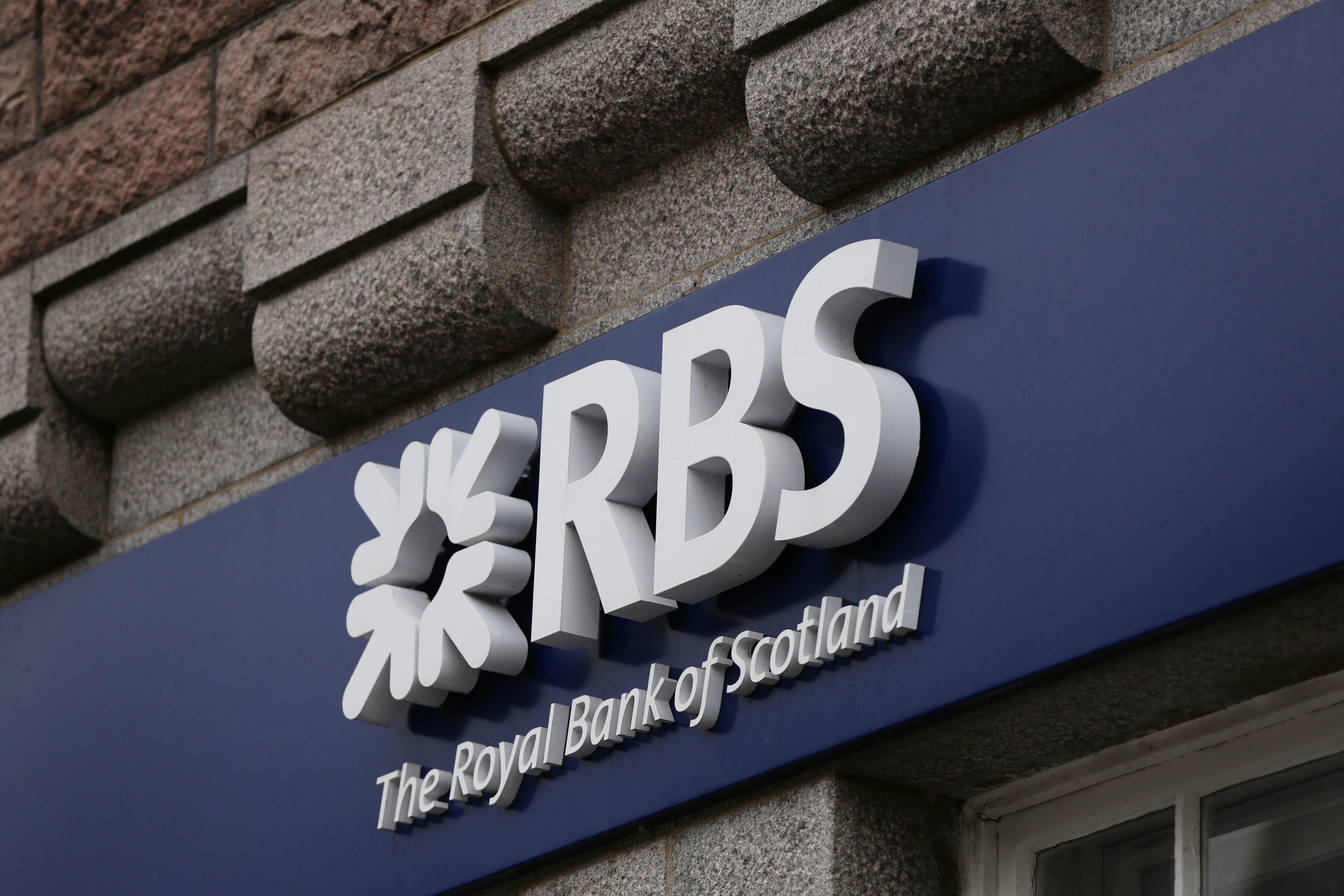May weakest month of 2023 for private sector growth in Scotland
According to figures from the Royal Bank of Scotland, May saw lower growth in Scotland on average than the first four months of 2023.

May was the weakest month in 2023 for private sector growth, according to the latest data from the Royal Bank of Scotland.
The bank’s monthly purchasing managers’ index (PMI) showed a slight downturn in activity last month.
Inflationary pressures cooled as cost burdens rose at the softest pace in two years
April had a 10-month high of 54.3% growth compared to 50.7% in May.
A percentage reading above 50 indicates an overall increase compared to the previous month, and below 50 an overall decrease.
The indices are then seasonally adjusted. Comparable manufacturing and services indices are then weighted together to form a composite index, with the weights based on official value added data.
But figures in general have shown a mild expansion through the second quarter of 2023.
Sector data highlighted that the rate of growth in services business activity moderated on the month, while a second successive month of reduction in manufacturing new orders resulted in a fresh reduction in goods output.
Companies have reported solid rates of job creation, but at slightly softer rates than seen in the previous survey
Firms also reported an expansion in new business during May and the rate of growth was close to that seen in April.
Confidence levels remained unchanged from the previous survey period across Scotland during May.
Businesses were optimistic of an uptick in growth in the coming year, with hopes pinned on increased client demand and resilient markets.
But of the 12 monitored UK regions, optimism was the third-weakest in Scotland, ahead of Northern Ireland and the north east of England.
Respondents also noted that higher wages, increased shipping costs, Brexit and general inflation all fed into greater cost burdens.
However, the rate of growth was the softest in 24 months and only slightly above the UK average.
Judith Cruickshank, chair, Scotland Board, Royal Bank of Scotland, commented: “Scotland’s private sector started the second quarter with a solid rise in output in April, but May’s data signal a loss of momentum as services growth slowed and manufacturing output fell for the first time in four months.
“The latest expansion in private sector output was the softest in the current sequence of expansion that began in February. Inflationary pressures cooled as cost burdens rose at the softest pace in two years.
“Nonetheless, both input price and output charge inflation remained stubbornly elevated, and much above their respective pre-pandemic trend levels.
“On a positive note, firms continued to expand workforce numbers. Moreover, solid hiring was reported across both sub-sectors. Additionally, optimism remained strong as private sector firms anticipated growth in the coming year.”
Subscribe to Independent Premium to bookmark this article
Want to bookmark your favourite articles and stories to read or reference later? Start your Independent Premium subscription today.
